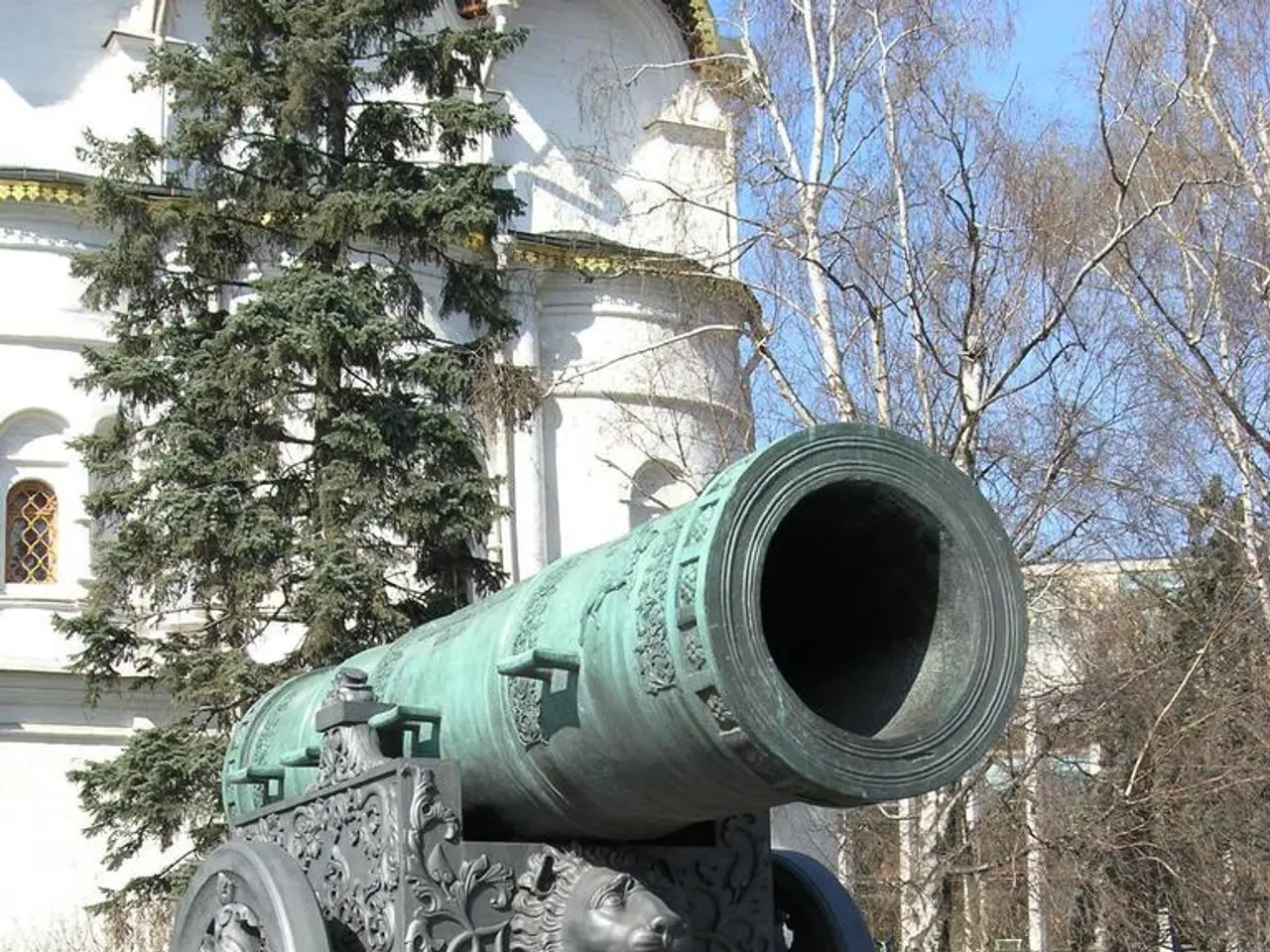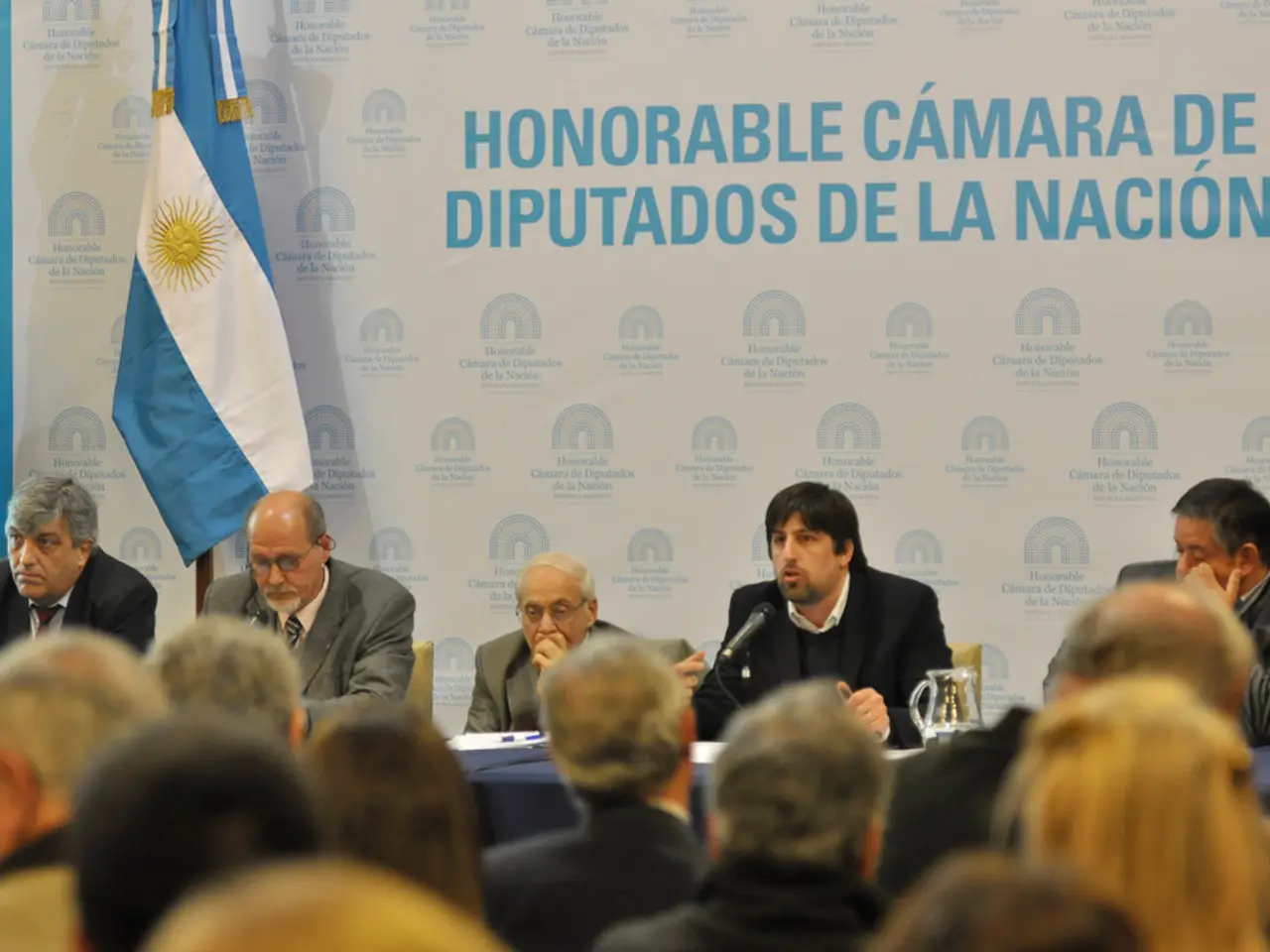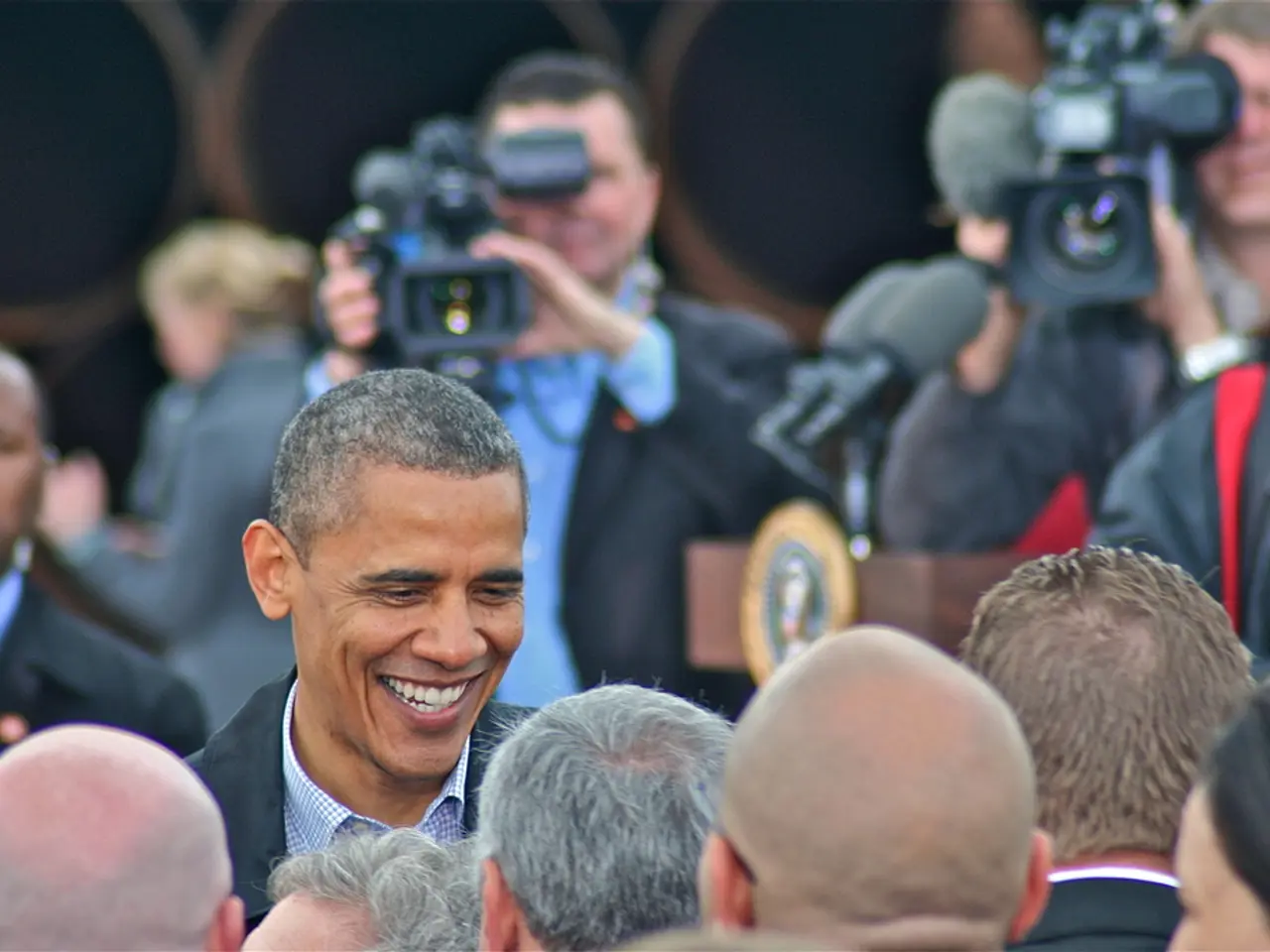Pennsylvania Independents Seeking Votes in Closed Primaries Petition State's Supreme Court for Assistance
In a significant move, a group of Pennsylvania independent voters, including notable figures like Michael Smerconish and David Thornburgh, have filed a lawsuit directly with the Pennsylvania Supreme Court seeking to open the state's closed primary system to independents [1][2][4]. The plaintiffs, which also include a broadcaster, a grocery store owner, and the head of a group advocating for open primaries, argue that Pennsylvania’s closed primaries, which exclude roughly 1.4 million independent voters despite their paying for the elections, are unconstitutional.
The legal challenge, known as a King’s Bench petition, is designed to bypass lower courts and have the Supreme Court decide the matter promptly [2]. The petitioners contend that excluding independents from primaries—which often decide the candidates who effectively win general elections—dilutes the voting power of a large segment of the electorate and worsens political polarization by favoring only party-base candidates [1][2].
The case is currently in the early stages at the Supreme Court level with motions and filings underway, but no final ruling has yet been issued [1][2][4]. The challenge has attracted significant public attention because it could fundamentally change Pennsylvania’s primary election system and expand voting rights for independents.
The petitioners argue that it is incorrect to suggest that they have brought exclusion on themselves by choosing not to identify as members of a political party. They claim that exclusion from primary elections is the functional equivalent of losing the right to vote in those districts.
Interestingly, New Mexico this year passed a law allowing voters with no party affiliation to vote in primary elections without changing their nonpartisan status. This move could potentially serve as a precedent for the case in Pennsylvania.
State Rep. Jared Solomon, the sponsor of the open primary bill, emphasized that the issue is not partisan. He stated, "This is about giving every voter a voice, regardless of their political affiliation."
As of mid-July 2025, the three justices of the Pennsylvania Supreme Court facing retention votes this fall are yet to express their views on the matter [5]. House Republican Leader Jesse Topper expressed some openness to the topic, stating he is "always willing to give it a fresh set of eyes."
Three other lawsuits regarding open primaries are pending in Wyoming, Oregon, and Maryland, according to Jeremy Gruber, senior vice president with New York-based Open Primaries [6]. Gruber stated that Pennsylvania is among 14 states with closed primaries.
The Department of State, the commonwealth of Pennsylvania, and Secretary of State Al Schmidt were named as respondents to the lawsuit [7]. The open primary bill was passed by the Pennsylvania House State Government Committee in May but remains pending in the House [8]. The Supreme Court's ruling on the case regarding Pennsylvania's closed primary system is currently uncertain.
- The ongoing legal challenge in Pennsylvania's Supreme Court, aimed at opening the state's closed primary system to independents, is an example of policy-and-legislation that significantly impacts the politics of the region.
- The petitioners' argument in this case, that excluding independents from primary elections is akin to losing the right to vote in those districts, demonstrates the importance of this issue in the broader context of general-news discussions about voting rights and political polarization.






